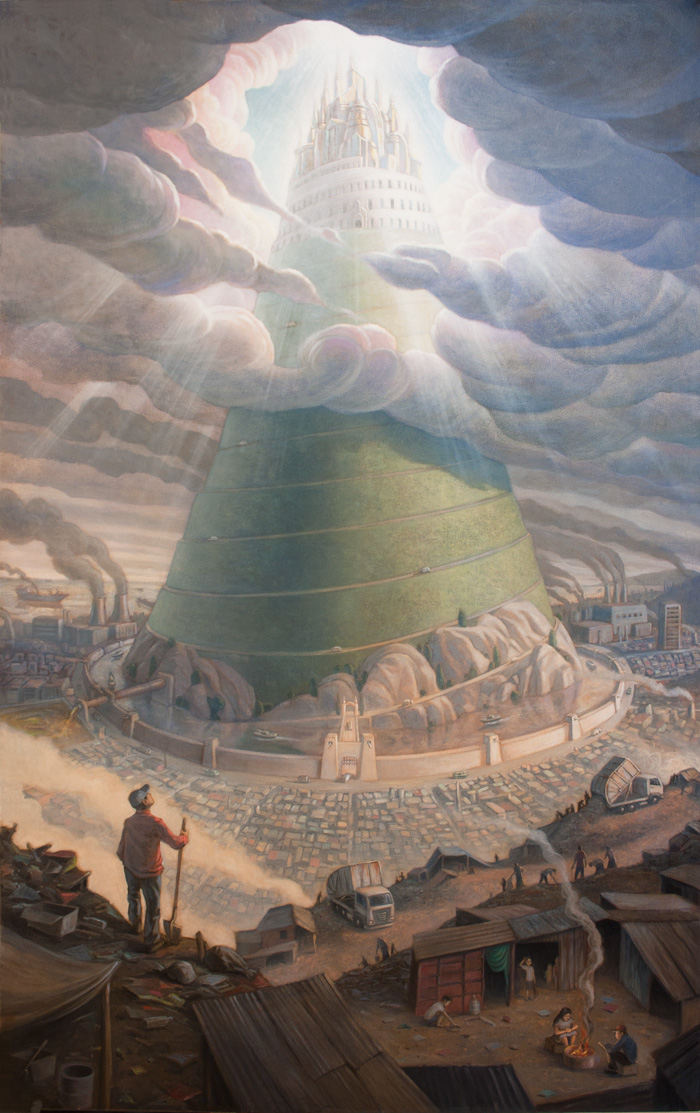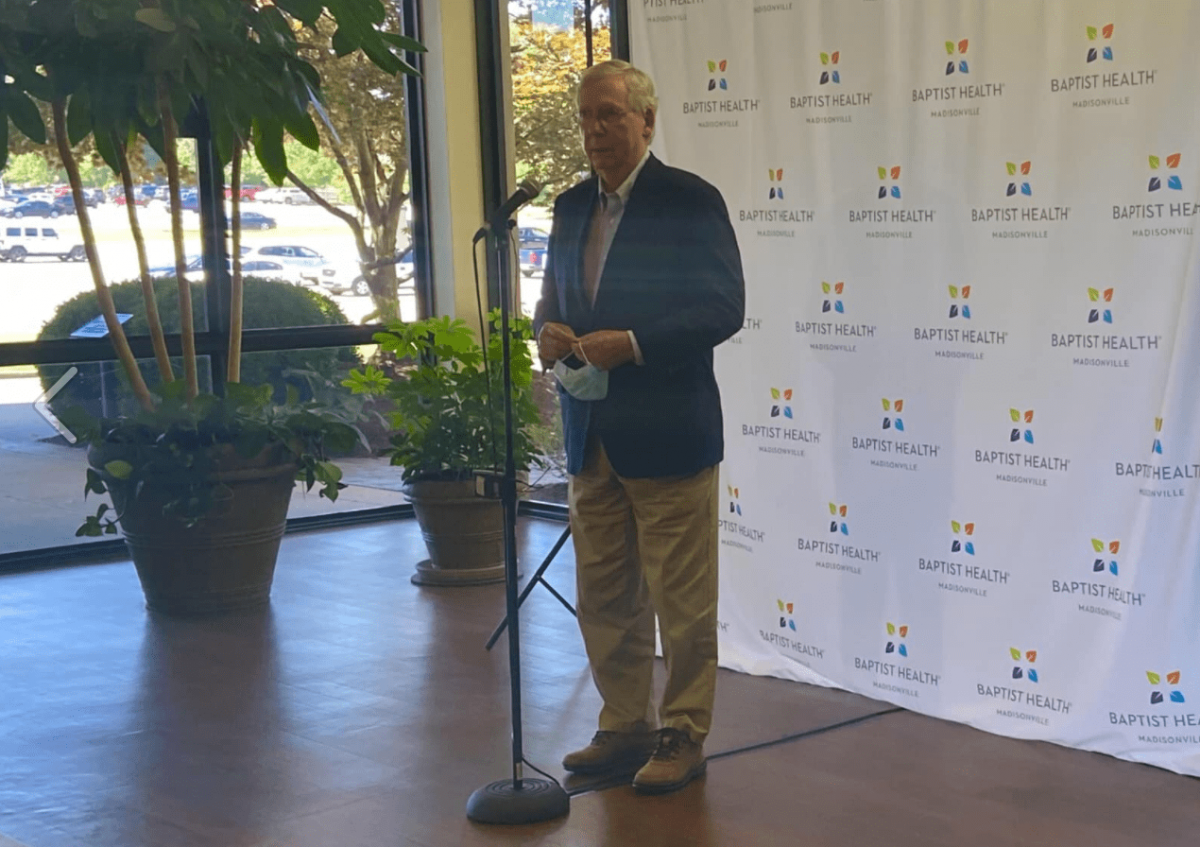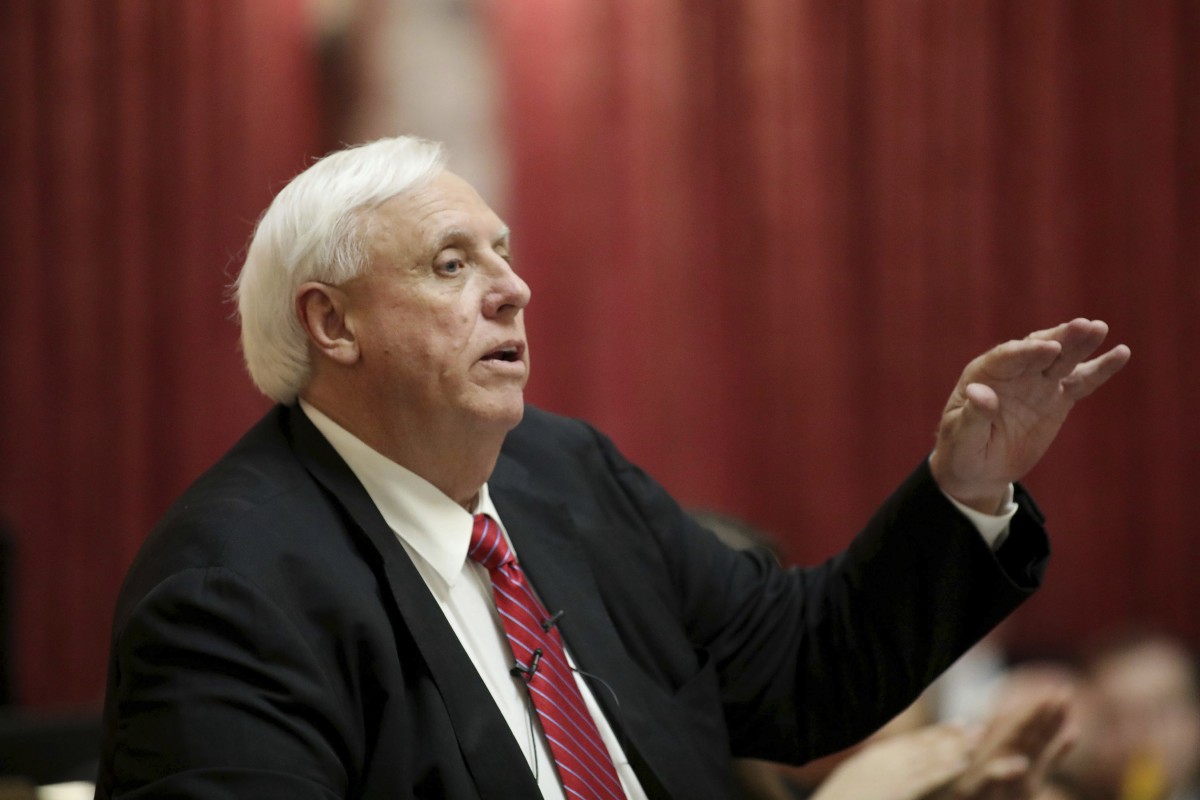It’s appropriate that I began reflecting on what to write in this piece on the Fourth of July, the celebration of America’s independence. After all, I grew up in a small Indiana town that held the state’s biggest Independence Day parade. People came from miles around to watch the floats, admire the pageantry, and then spent the rest of the holiday either grilling out, shuffling around the carnival, or else watching the fireworks out at the city park.
Of course, the fireworks represented a simulation of war, but behind the star-spangled veneer of the day, my family and the people surrounding me believed an invisible war continued to rage. Growing up in this environment, I never thought anything of it. Reality is, after all, set by your experiences and what you’re taught, so as a young boy it seemed perfectly normal to believe a supernatural battle was being waged to determine the fate of everything I knew and the country I loved.
I didn’t understand it at the time, but I was part of what I have come to call the Cult of the Shining City, or a Neo-Confederate, white-identity, apocalyptic evangelicalism that has co-opted the American Right and large segments of American culture. It was created by a merging of white supremacist ideals with a version of American history that has resulted in a bizarre, modern moment where many people believe wild-eyed conspiracy theories and blatant misinformation.

The story of the Cult of the Shining City begins with the Confederate States of America, where southern traitors believed they were recapturing the true nature of the United States in securing white supremacist rule and the institution of slavery. The C.S.A. was a racist dystopia predicated on the institution of human bondage and secured with a prejudiced Christianity that preached white men were the arbiters of a racist God’s will. This faith survived the fall of the C.S.A. and the Civil War’s conclusion.
With the rise of the Civil Rights Movement in the mid-20th century, Neo-Confederate preachers like Jerry Falwell opposed attempts to desegregate the South by saying that God himself had “drawn a line of distinction” and we “should not attempt to cross that line.” The god Falwell was speaking of, and unfortunately the god that came to dominate much of evangelical culture, was the deity of the Confederacy, a racist idol. In opposition to Civil Rights, Falwell and others like him directed Christianity away from the social justice aspects that empowered leaders like Martin Luther King, Jr. and emphasized wealth and power as denotations of that god’s will. It was no coincidence, of course, that wealth and power relied on institutions with foundations in white supremacy.
In the 1970’s, Neo-Confederate preachers like Falwell struck a brief alliance with Democratic president Jimmy Carter, a proud evangelical. Carter’s Christianity lay more in the social justice arena, and so the Evangelical Right quickly moved onto Republican Ronald Reagan when the opportunity presented itself. Reagan, however, was not especially religious. He was “spiritual” and steeped in California’s New Age ideas that emphasized occult teachings and divining of “ancient symbols,” with his own Chief of Staff characterizing Reagan and his wife Nancy as having “a dependence on the occult.” In this world, Reagan came to believe that the United States of America was a utopia, or “Shining City Upon A Hill,” constructed by generations’ worth of clandestine maneuverings by secret societies, a nation created with divine purpose that was constantly under attack by evil and demonic forces. Reagan himself would characterize the country as divinely inspired and called it “a promised land.”
Reagan’s political speeches were dotted with references to the “City Upon a Shining Hill,” including his address to the first Conservative Political Action Conference (CPAC) in 1974, where he referred to a myth that a mysterious Christian angel had appeared at the signing of the Declaration of Independence, a legend he admitted was referred to him by “a writer, who happened to be an avid student of history,” though Reagan admitted “I never researched or made an effort to verify it.” This legend that inspired the Shining City Upon the Hill mantra that would power the Republican Party throughout the remainder of the 20th century was inspired by an occultist named Manley P. Hall who came to prominence in California by divining symbols and legends, propagating mythological stories of Atlantis, secret societies, and battles between supernatural forces.
The marriage between Neo-Confederate Christianity and Reagan’s occultish paranoia created a new reality in America. Suddenly, the Devil was everywhere. In our music, our movies, our culture at large. Satan himself was conspiring against America, often in concert with the Soviet Union, all to unseat what Reagan and others believed was God’s chosen kingdom. Christian apocalypticism, centered around paranoia that dark forces lurked behind every corner, permeated American culture and created a supernatural battle between the literal embodiments of Good and Evil.
This paranoia has taken many shapes over many years. In one iteration, it was called “the Jewish Conspiracy” and based on the The Protocols of the Elders of Zion, a hoax document that inspired antisemitism around the world, including in America and Nazi Germany. Later, the idea would be refashioned into the New World Order conspiracy theory that claimed God’s chosen nation was under attack by shadowy cabals working with liberal traitors to use people of color as pawns in a satanic plan. Now, it has again been remade into the so-called Deep State or the Qanon conspiracy theory that is permeating the country.
The story is old. I remember sitting in the pews as a boy and listening to my preachers tell it over and over again. I truly believed then that I was living in a holy nation with holy intentions and that spiritual warfare was playing out every single day. I was told to avoid music, movies, television shows, books, anything that might be part of the satanic conspiracy.
I’ve left that world behind and have finally, with my own research, come to understand how the Cult of the Shining City came to be, but I still watch my family, my loved ones, and my neighbors drowning in it by the day. They believe that holy war is continuing to rage, that President Donald Trump, himself a devotee of Norman Vincent Peale, a preacher of the faith, is a savior and warrior against those evil, dark forces. They have bought into the conspiracy theories, the misinformation, the stories that supernatural battles are being waged all around them. It has allowed Neo-Confederate ideals, with all their white supremacist and fascist elements, to gain purchase among the populace disguised – perversely – as matters of religious faith.
Jared Yates Sexton is the author of American Rule: How A Nation Conquered the World but Failed Its People. Currently he serves as an associate professor of writing at Georgia Southern University.



